
A Strategic new authenticity regime by the IP Office of the Registrar General’s Department which began with a Swiss–Ghana Cooperation and continued with WIPO support.
Ghana has formally launched Kente as a Geographical Indication (GI), a landmark step that not only safeguards one of the nation’s most enduring cultural symbols but also unlocks new economic opportunities for local weavers and artisans across the country.
The registration anchors Kente, handwoven in famed communities like Adanwomase, Bonwire, Agotime Kpetoe, Agbozume and Tafi Atome, within the global patent system that links products to their geographical origin, ensuring authenticity, traceability and fair value for producers.
Described as a “a turning point where heritage meets opportunity,” Kente’s GI status, granted by the World Intellectual Property Organisation (WIPO) under the UN, positions Ghanaian weavers to earn more from their craft through verified labels, licensing, and access to premium export markets.
Henceforth all Kente produced from weaving communities in Ashanti and Volta region would have QR codes to enable buyers to authenticate originality. It means that any Kente that is not traceable to a weaving community or a registered master weaver in Ghana, is fake.
Granted locally by the Intellectual Property Office of the Registrar General’s Department, and to the world through the WIPO, the GI elevates Kente into the league of world-famous heritage products such as Champagne from France and Darjeeling tea from India, ensuring authenticity, ownership, and economic benefits for the communities that weave it.

The launch of the GI caps a multi-year effort that began under a Swiss–Ghana Intellectual Property Cooperation Project, and advanced through World Intellectual Property Office (WIPO) assistance, and was strengthened when Ghana acceded to WIPO’s Geneva Act system for GIs in 2021.
The launch follows a major cultural milestone in December 2024, when UNESCO inscribed the craftsmanship of traditional woven Kente on the Representative List of the Intangible Cultural Heritage of Humanity, spotlighting living traditions among Ghana’s Asante and Ewe communities and amplifying the call to safeguard authenticity.
The launching, which was held in Accra, gathered master weavers from Adanwomase, Bonwire, Agotime Kpetoe, Agbozume and Tafi Atome alongside government agencies, WIPO, legal experts and media.
Launching the framework, Loretta Asiedu, Director of WIPO Division for Africa, said the intervention to protect and promote Kente, not merely as a textile, but as a living symbol of Ghanaian heritage, creativity, and resilience, serves as a model for Africa and beyond.
She commended all stakeholders for their contributions towards the development of the GI framework and called for sustained collaboration to ensure effective implementation for the benefit of the artisans and the country in general.
The Registrar-General of Ghana, Grace Ama Issahaque, recalled that, as far back as 2003 when the country drafted the GI Act 2003, (Act 659) Kente was clearly named as one the products Ghana must protect through the GI Act.
The Registrar General mentioned that it has taken the country this far to get its first product protected because it takes adequate infrastructure, capacity and investment to get such systems to run effectively. Therefore, it is a great step for the nation.
She also noted that, for the thousands of Ghanaian weavers whose intricate designs have inspired global fashion for decades, GI protection marks the start of a new chapter. The certification means that only licensed artisans who meet quality standards set out in the national Code of Practice can market cloth as genuine Kente.
According to Dr. Courage Besah-Adanu, Head of Geographical Indications Unit of Ghana Industrial Property Office (GHIPO) of the Registrar General’s Department, the combination of UNESCO inscription and GI registration elevates Kente’s standing in cultural diplomacy and trade for Ghana.
“Agencies now share a playbook for standards, customs, tourism and market surveillance, backed by a producer register and scannable labels for traceability,” he explained.
For global buyers and the Diaspora, QR?enabled authenticity label will let consumers verify origin at the point of purchase, culmination in a reward for artisans, and discouraging counterfeiting in shops and online platforms.
For weavers, the protected name “Kente” and a verified label will help ensure value flows back to origin communities in the Ashanti and Volta. Only licensed producers who meet the Book of Specifications may market goods as authentic Kente, with training and inspections to support compliance.
About the IP Office of the Registrar-General’s Department
The Ghana Industrial Property Office (GHIPO) of the Registrar-General’s Department (under the Ministry of Justice & Attorney-General’s Department) administers intellectual property and related registrations in Ghana, working with sector agencies to protect legitimate enterprise, creativity, and cultural heritage.
The post Kente secures GI protection to unlock the commercial value and improve revenue for weavers appeared first on The Business & Financial Times.
Read Full Story
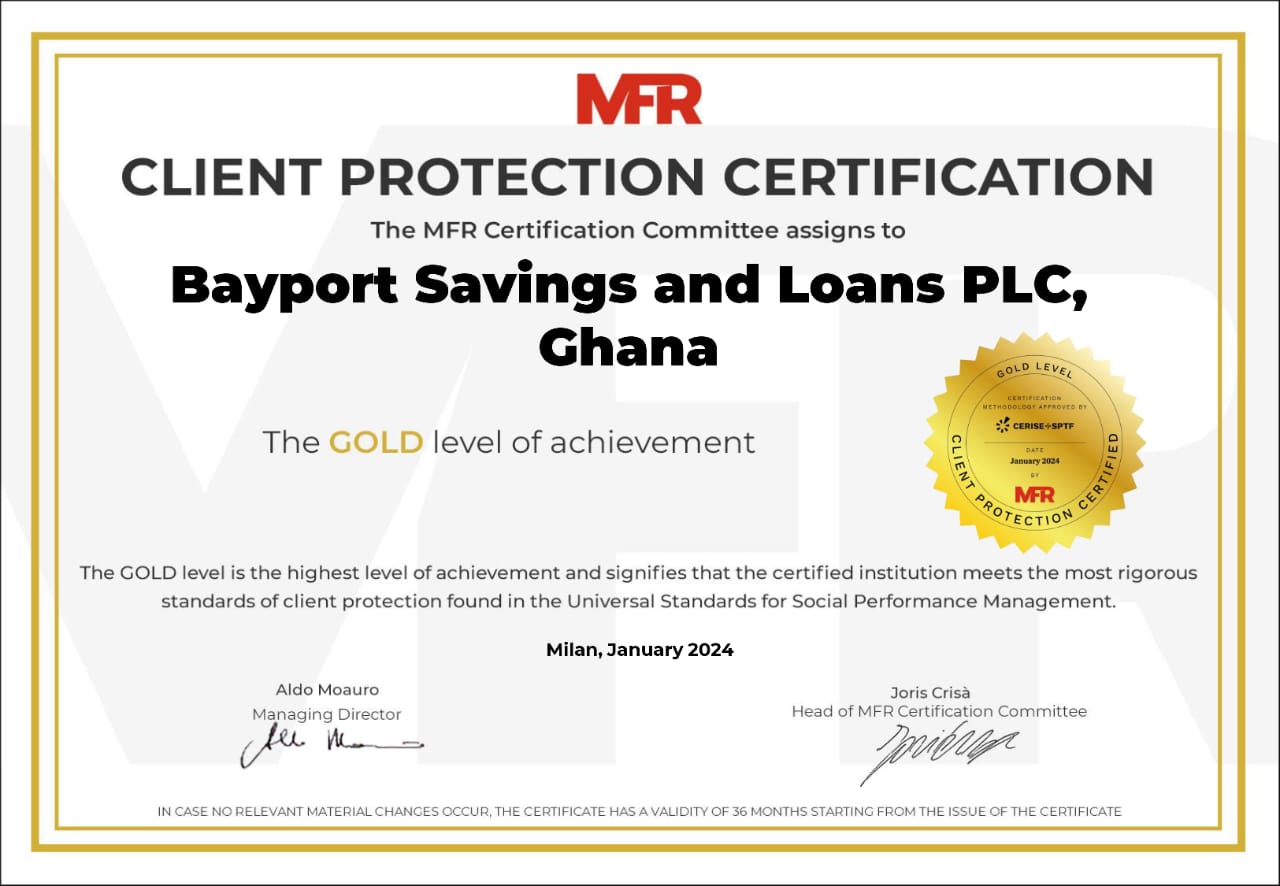
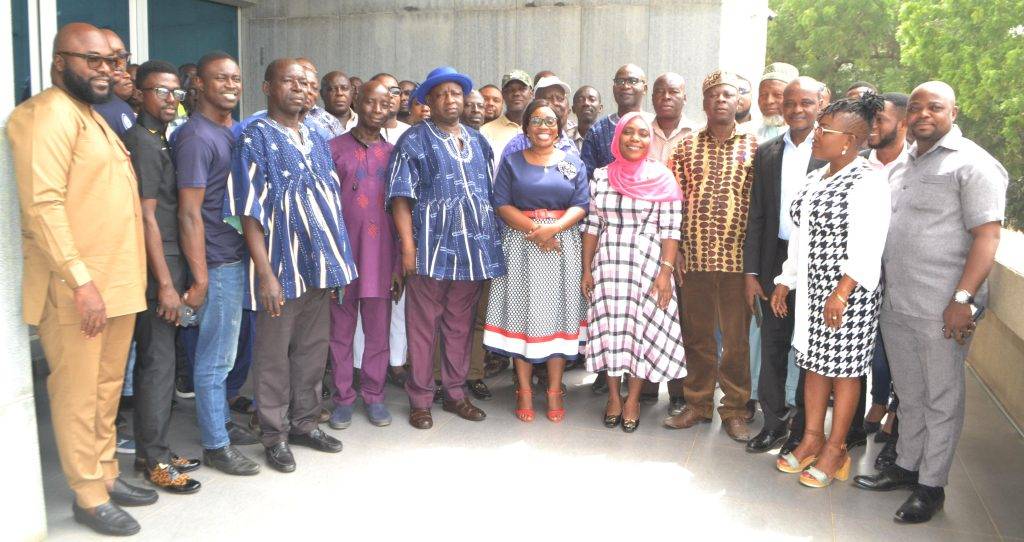

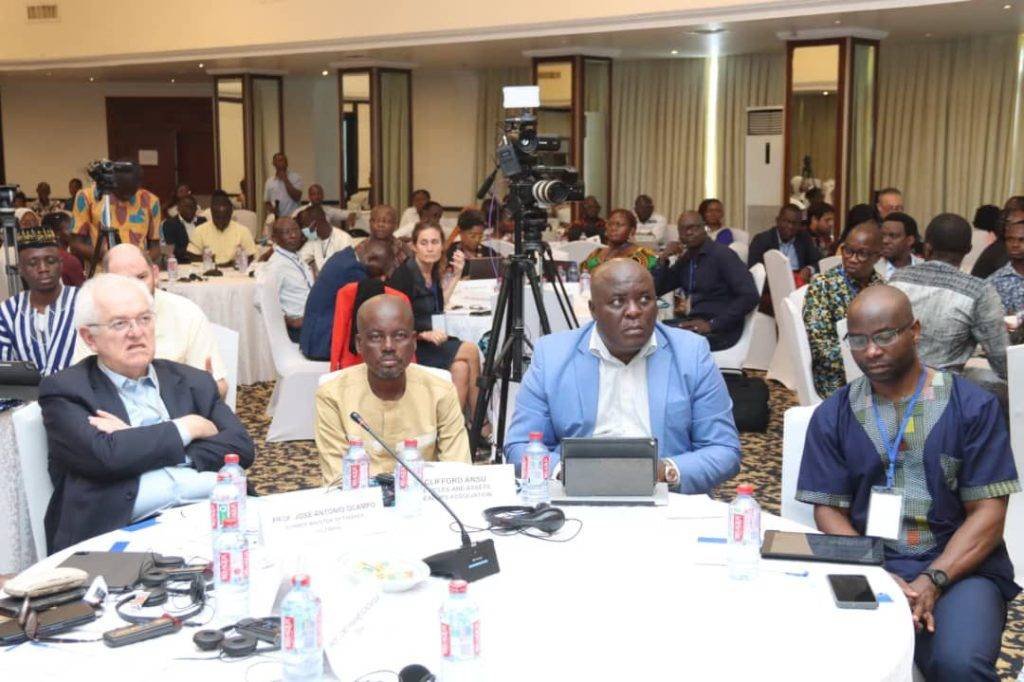
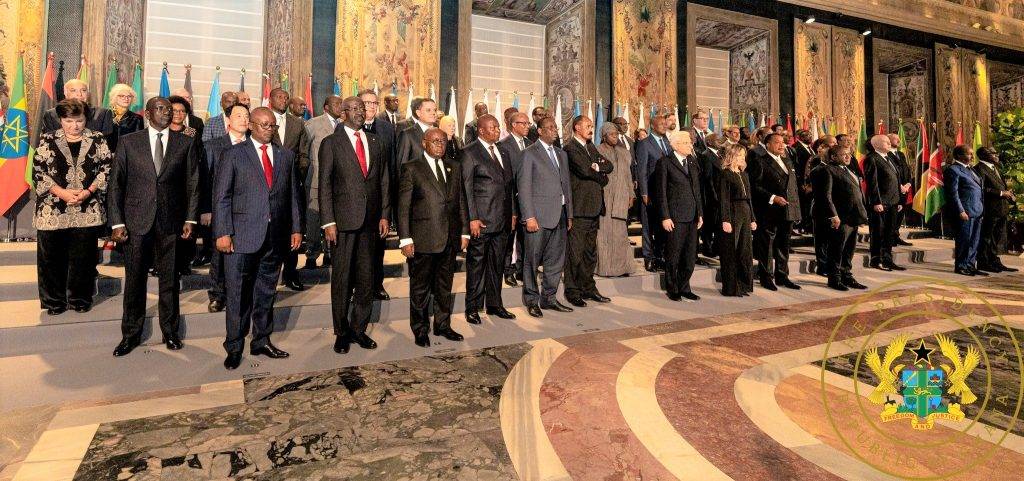















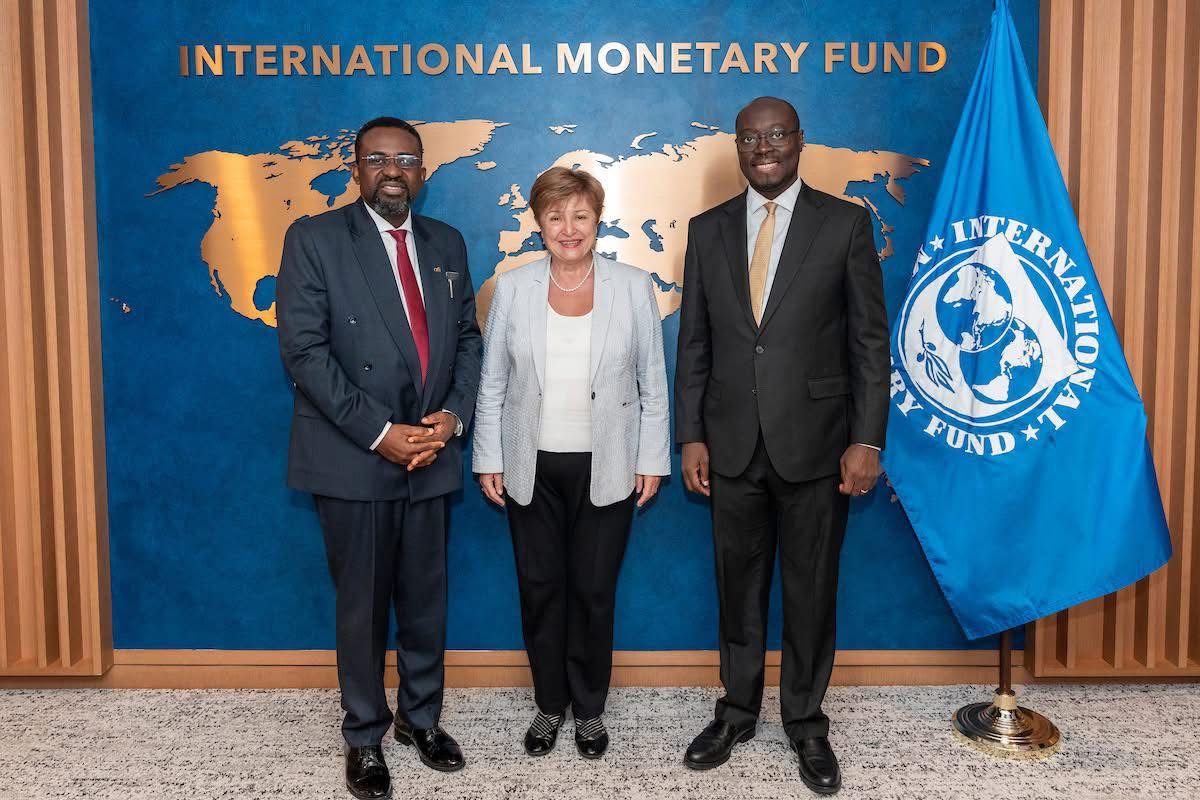
Facebook
Twitter
Pinterest
Instagram
Google+
YouTube
LinkedIn
RSS